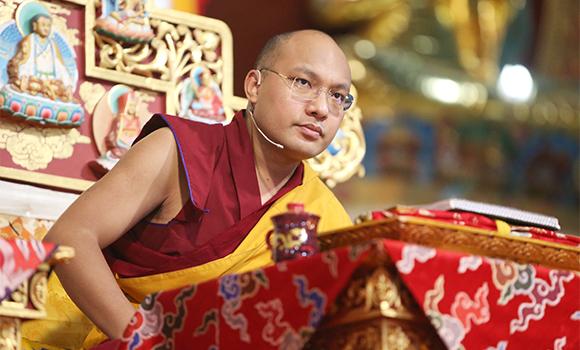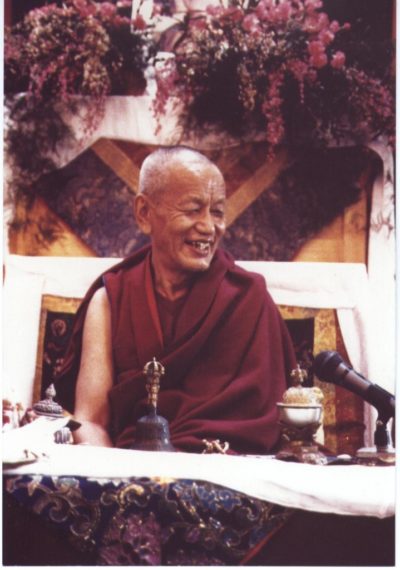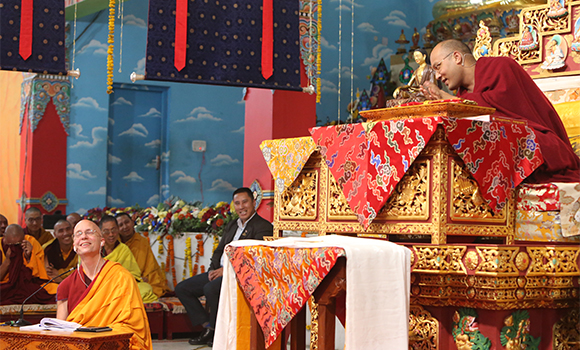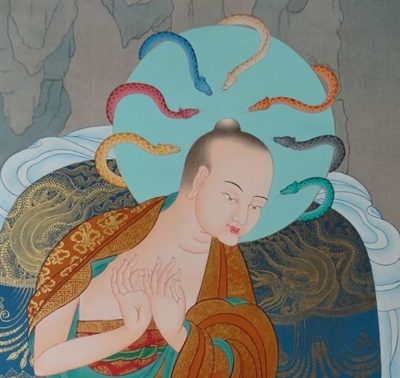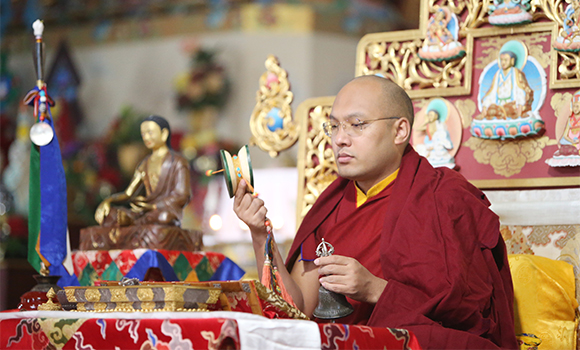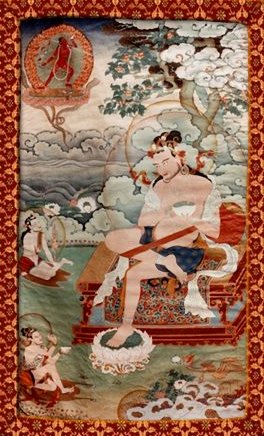
Marpa the Lotzava or the Translator
Personal Experiential Feelings of the Yogi (rnal ‘byor rang gi nyams tshor) by Marpa the Translator, Sheyrab Yéshey (smar-pa lo-tswa-ba shes-rab ye-shes, 1012–1097)
The intrinsically liberated original nature of mind:
Don’t let it be constrained by the knot of conceptual activity.
With body and all resources,
Day and night make offerings to the Precious Treasure of the Teacher.
All day and all night, practice the Transcendent Dharma:
When seeing that this has true essence,
If meditation is cultivated upon fathoming its great significance,
Visions of experience will come to dawn.
And so it is that, since no colophon is written here, one should be written, as found in the other texts. This note was written by the Karmapa of the Snowy Mountains (gangs-ri karma-pa).
(Translated from the Tibetan by Erick Tsiknopoulos, March 2016.
Found in the collection of poems, songs and other writings by Marpa Lotsáwa, chos-rgyal smar-pa’i mgur-‘bum legs-par bzhugs so, published by the Martsang Kagyu Global Corporation, Taipei/Delhi 2015, page 58).
http://buddha-nature.com/2016/03/18/personal-experiential-feelings-of-the-yogi-by-marpa-the-translator/
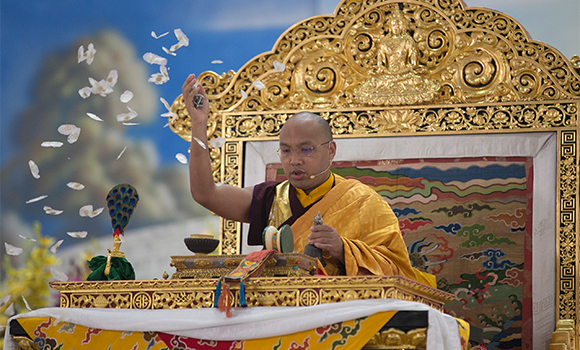 Reviving the Karmapa’s Traditions: The Empowerment and Practice of the Three Roots Combined
Reviving the Karmapa’s Traditions: The Empowerment and Practice of the Three Roots Combined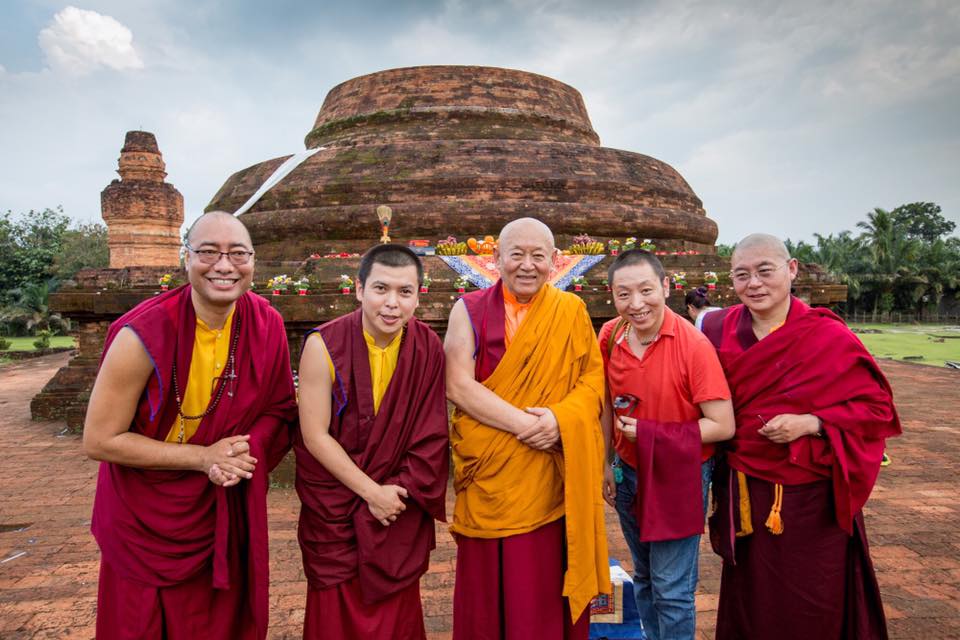

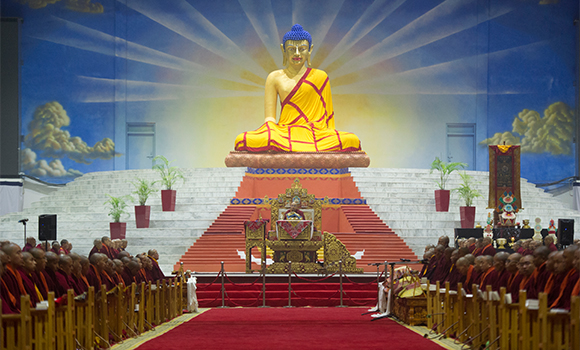 Four-Armed Mahakala: Protector of the Marpa Kagyu
Four-Armed Mahakala: Protector of the Marpa Kagyu Renewing Hope for Many, the Gyalwang Karmapa Concludes the Third Arya Kshema Winter Dharma Gathering
Renewing Hope for Many, the Gyalwang Karmapa Concludes the Third Arya Kshema Winter Dharma Gathering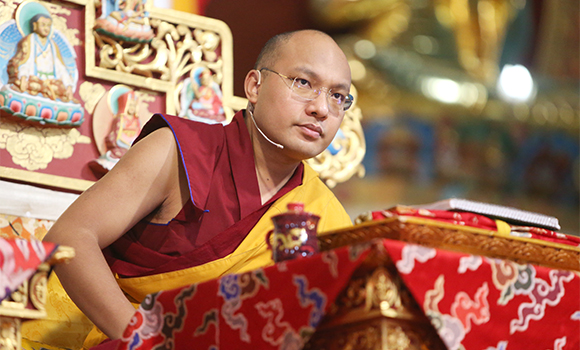 Cultivating the Delight of Rejoicing and the Freedom from Prejudice
Cultivating the Delight of Rejoicing and the Freedom from Prejudice